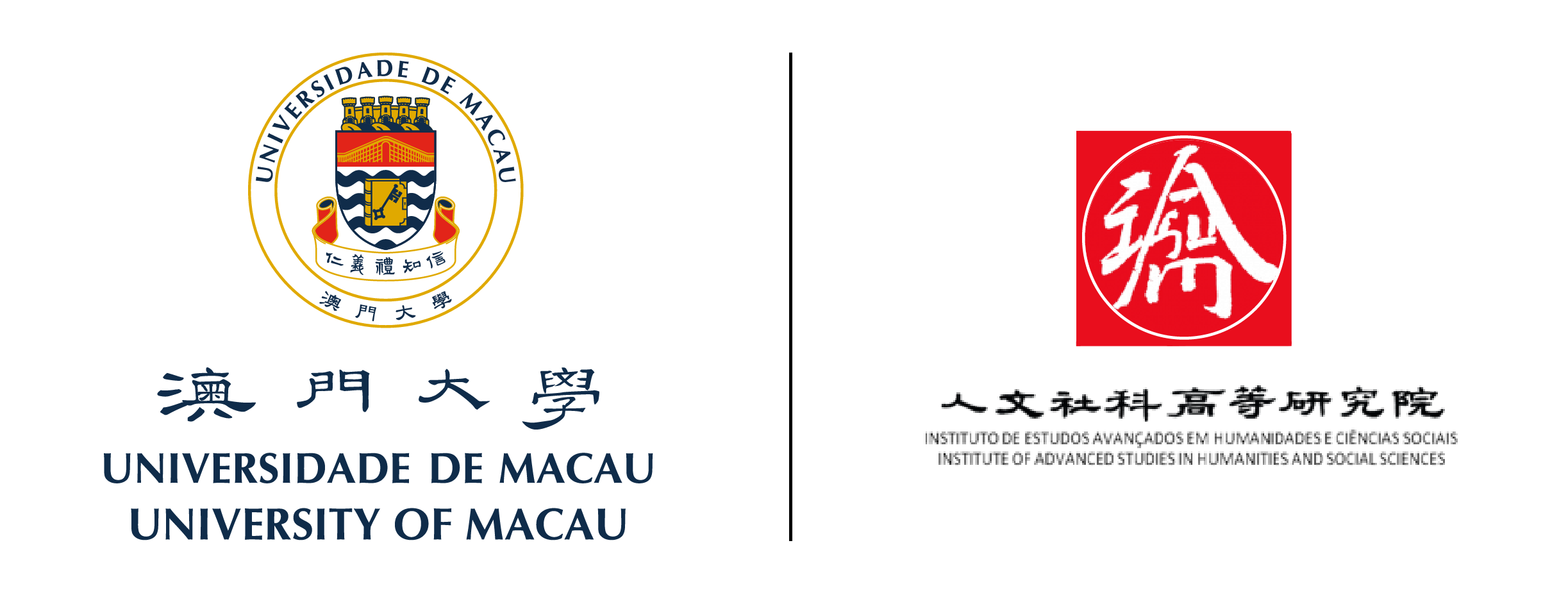
The UM Distinguished Visiting Scholar Lecture organized by the Institute of Advanced Studies in Humanities and Social Sciences (IAS) and the Faculty of Law (FLL) was successfully held on November 11. Professor Alec Stone Sweet, Sir Y. K. Pao Chair of the Faculty of Law at the University of Hong Kong, was invited to the lecture on the title “International Human Rights Courts: The Dilemma of Effectiveness”. The lecture provides an overview of Professor Stone Sweet’s new book, The Law and Politics of International Human Rights Courts. Professor Xingzhong Yu, Chair Professor of the Faculty of Law at the University of Macau and Director of IAS, was invited to be the moderator.
Professor Alec Stone Sweet noted that each court faces challenges and strives to overcome obstacles threatening its authority and relevance. The book analyzes the emergence of a “jurisprudence of effectiveness”, aimed at raising rights protection standards within transnational justice systems. He also defined three essential elements: a charter of rights, an enforcement court, and the right of individuals to petition for redress. During the lecture, Professor Stone Sweet discussed state officials’ response to transnational justice systems, highlighting the risk of undermining court authority and the legitimacy challenges faced by international human rights courts.
Professor Yu commented that he provided a comprehensive overview of his new book in a limited time, using the system of transnational justice as an analytical framework with three criteria to compare five regional human rights courts. Professor Yu thought it was the integration of law and critical evaluation, offering a valuable model for writing.
During the Q&A session, participants engaged in a deep discussion about the effectiveness and challenges of international human rights courts. Professor Stone Sweet emphasized that while court rulings can have broad legal effects, not all individual cases are applicable universally. He noted that the European Court of Human Rights always faces a crisis but remains one of the most influential international courts globally. Participants also explored the relationship between international relations theory and human rights, arguing that developing rights-based constitutionalism is crucial for achieving peace.
Through his thorough analysis of the courts’ functions, state politicization responses, and the challenges of effectively protecting human rights, Professor Stone Sweet provided participants with valuable insights, underscoring the crucial role of international human rights courts in global governance.
Last but not the least, we would like to extend our gratitude again to the Research Services and Knowledge Transfer Office (RSKTO) for their support and assistance of the Distinguished Visiting Scholar Scheme.







